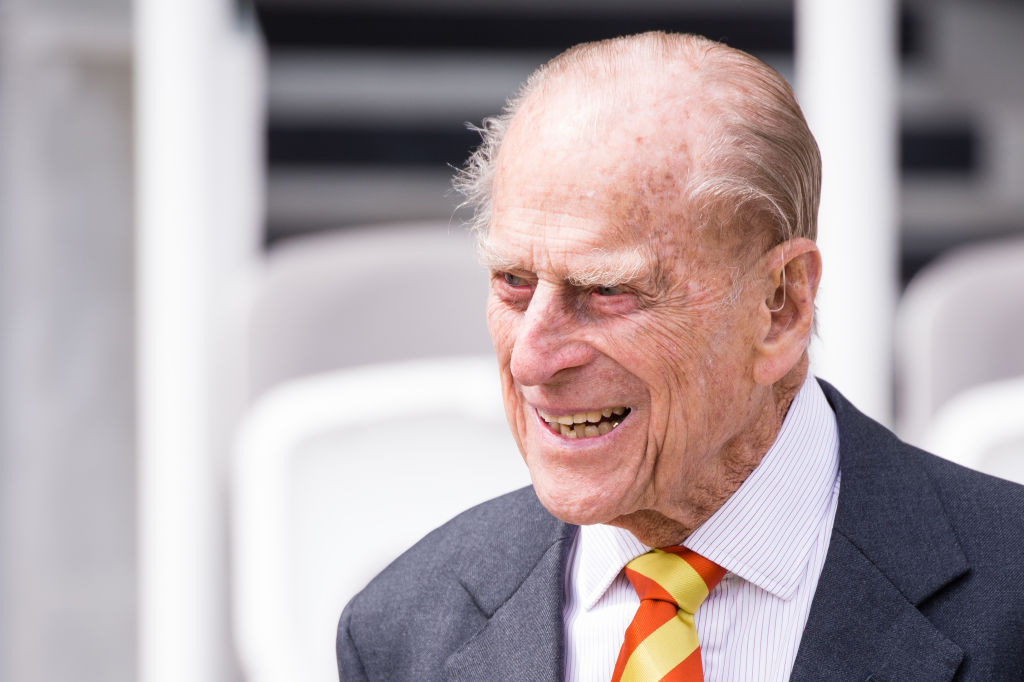The broadly welcomed admission recently by Prince Harry that he had sought counselling to help him to deal with his grief over the death of his mother, Princess Diana, when he was 12, presents a striking contrast with the stiff upper lip always favoured by his soon-to-retire grandfather, Prince Philip.
Nevertheless, the Duke of Edinburgh is curiously well placed to imagine something of what his more emotionally open grandsons might have gone through after the shocking news from Paris in August 1997. When the Duke helped persuade the young princes to walk behind their mother’s funeral cortege, telling them, ‘If I walk, will you,’ he could draw on his own wretched experience of sixty years previously after his heavily pregnant sister Cecile and her family were killed in the Steene air disaster just across the Channel in Belgium. Prince Philip was sixteen at the time, and the terrible news was broken to him by his headmaster at Gordonstoun, Kurt Hahn.
Even before this latest tragedy, the young prince had suffered a series of harsh blows and, perhaps thus inured, he ‘did not break down’, so his headmaster recorded, ‘His sorrow was that of a man.’ The next week, Philip travelled alone to Germany for the funeral. As the coffins were borne through the swastika-festooned streets of Darmstadt, the young prince cut a distinctly forlorn figure walking behind them in his civilian dark suit and overcoat, his white-blond hair standing out against the surrounding dark Nazi uniforms. This strange and desperately sad occasion was the first time that Prince Philip’s parents had seen each other since 1931, when his mother, Princess Andrew of Greece, who had been born deaf but as a young woman served as a heroic Florence Nightingale-style nurse during the Balkan Wars of 1912-13, had been committed to a secure psychiatric sanatorium after suffering a nervous breakdown. Shortly afterwards, his father had closed down the family home near Paris and gone to live with his mistress in the South of France, leaving 10-year-old Philip to be brought up thereafter by his grandmother and uncles in England. For almost five years he heard nothing from his mother to whom he had been devoted as a young boy, not even a birthday card, and he had seen her for the first time again only shortly before the disaster that befell Cecile.
‘It’s simply what happened,’ the prince later told one biographer probing for the traumatic effect of all this. ‘My mother was ill, my sisters were married, my father was in the South of France. I just had to get on with it. You do. One does.’ He has never been one to make a meal of his various vicissitudes, but presumably being separated from his mother for five years left its mark on him. While extremely fond of his Mountbatten relations and deeply appreciative of the homes they provided for him, they could never fully make up for the one he had lost.
When, years later, an interviewer asked him what language he had spoken at home while growing up, his immediate retort was, ‘What do you mean, “at home”?’ In the course of researching my own book a few years ago about the prince’s early life, I consulted the child psychologist Oliver James. The fact that the prince had previously felt loved by both his parents and his nanny and was thus a self-assured and happy child would, according to James, have protected him to some degree from the psychological fallout of the family break-up. But nevertheless the ‘triple whammy’ of ‘having a mother go mad on you’, combined with the disappearance of his father and being packed off to boarding school (initially Cheam) would make for ‘a fairly high probability that he would have developed what psychologists call a highly defended personality. That’s to say he doesn’t want to know about his emotions or other people’s emotions, and he’s basically in survival mode – either he develops a pretty hard-nosed approach to life or he cracks up.’
One shudders to think what Prince Philip would make of this analysis, however in years to come, deprived of the constant loving attention of his parents, his emotional reserve would become as noticeable to his friends as his bluff, controlled, no-nonsense exterior. The Duke’s brave attitude to overcoming his own childhood traumas has served him extraordinarily well during his record-breaking stint as the Queen’s consort. But he has always had an eye on the future and the need for the monarchy to move with the times, and he may not have wholly disapproved of his grandson’s admission and its contribution towards removing the stigma attached to talking about mental health.
Philip Eade is the author of Young Prince Philip: His Turbulent Early Life






Comments